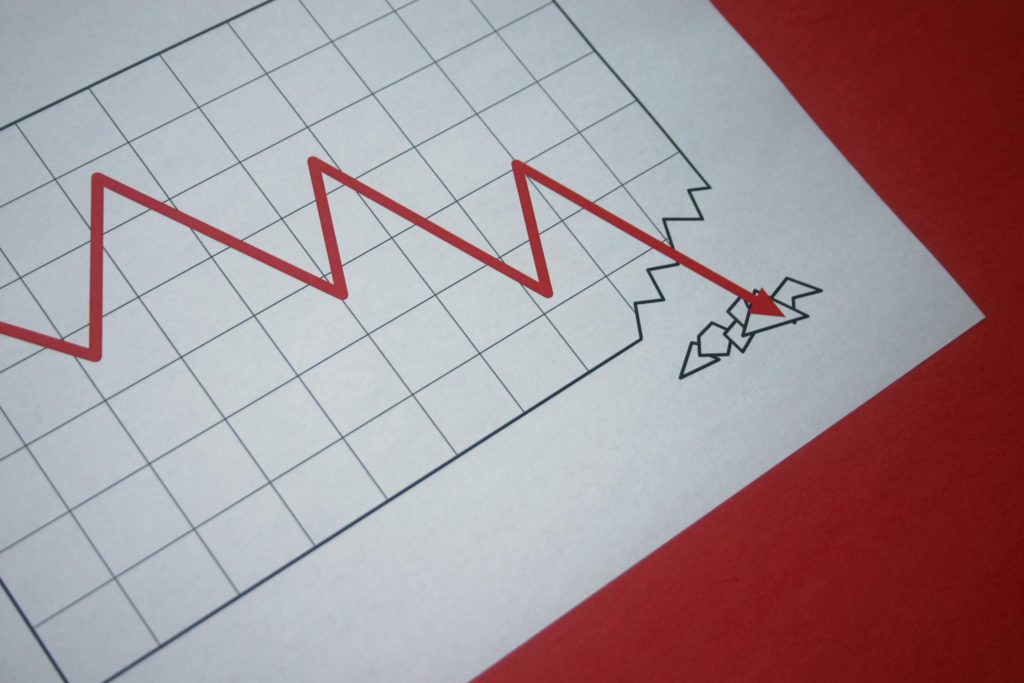UK car registrations fall again as manufacturers launch scrappage schemes for sales boost
05 September 2017

05 September 2017
New vehicle registrations in the UK have recorded another month of decline in August, making it five in a row, new figures released by the Society of Motor Manufacturers and Traders reveal.
In total, sales dropped by 6.4% compared to a record August in 2016, with 76,433 vehicles registered. Although this is a drop, the SMMT notes that it represents the third biggest August sales total in the last 10 years. Overall, the market remains roughly in line with expectations, 2.4% below 2016’s year-to-date figures with 1,640,241 cars joining British roads so far this year.
Mike Hawes, chief executive of the SMMT, comments: ′August is typically a quiet month for the new car market as consumers and businesses delay purchases until the arrival of the new number plate in September. With the new 67-plate now available and a range of new models in showrooms, we anticipate the continuation of what are historically high levels of demand.’
The figures show that superminis and small family cars remained the best sellers in August, accounting for 58.3% of registrations. However, the SUV market, together with larger and executive cars, were the only ones to show growth, up 7.9%, 2.2% and 1.1% respectively.
Meanwhile, following the announcement that the UK Government is to ban the sale of vehicles with a traditional internal combustion engine in 2040, more people chose to get behind the wheel of an alternatively fuelled vehicle (AFV) than ever before in the month, accounting for a 5.2% share of the market. Demand for petrol hybrid and pure electric battery powered cars increased substantially, up 74.9% and 62.5%, while plug-in hybrid registrations rose 38.5%. Conventional petrol engines grew 3.8% and diesels fell by a massive 21.3%.
The fall in car sales follows the announcement from a number of vehicle manufacturers of scrappage schemes, whereby drivers can trade in older, more polluting vehicles for money off newer cars. Announcements of these schemes began following similar strategies being unveiled in Germany after the country’s diesel summit, as a resolution for older vehicles that couldn’t be retrofitted to deal with emissions. However, manufacturers are not actively announcing similar schemes in other countries, except for the UK market, which is suffering following new tax laws and implications of Brexit.
Volkswagen Group (VW) has confirmed its plans which were initially rumoured, with discounts of up to £6,000 pounds (€6,554) on a new car if drivers trade in an older vehicle. Audi’s scrappage scheme offers between £2,000 and £8,000 (€2,185 and €8,741) off its range, with the smallest saving applied to the Q2 SUV and the largest to the automaker’s Q7 e-tron plug-in hybrid. Discounts of between £1,500 and £4,000 (€1,639 and €4,372) are available on the Skoda range, while Seat is offering between £1,500 (€1,639) on the Mii, through to £3,500 (€3,825) for the Leon.
Meanwhile, Nissan is offering a maximum discount of £5,000 (€5,465) and Kia £2,000 (€2,185). All scrappage schemes run from September to 31 December 2017.
Carmakers had been hoping for a British government-backed scrappage scheme, which would be the first since 2009, when ministers intervened to support car sales as they nose-dived in the wake of the financial crisis. But in July the government once again delayed a decision over whether to introduce a nationwide or targeted program, with a consultation due to take place later this year, despite worries over emissions levels.